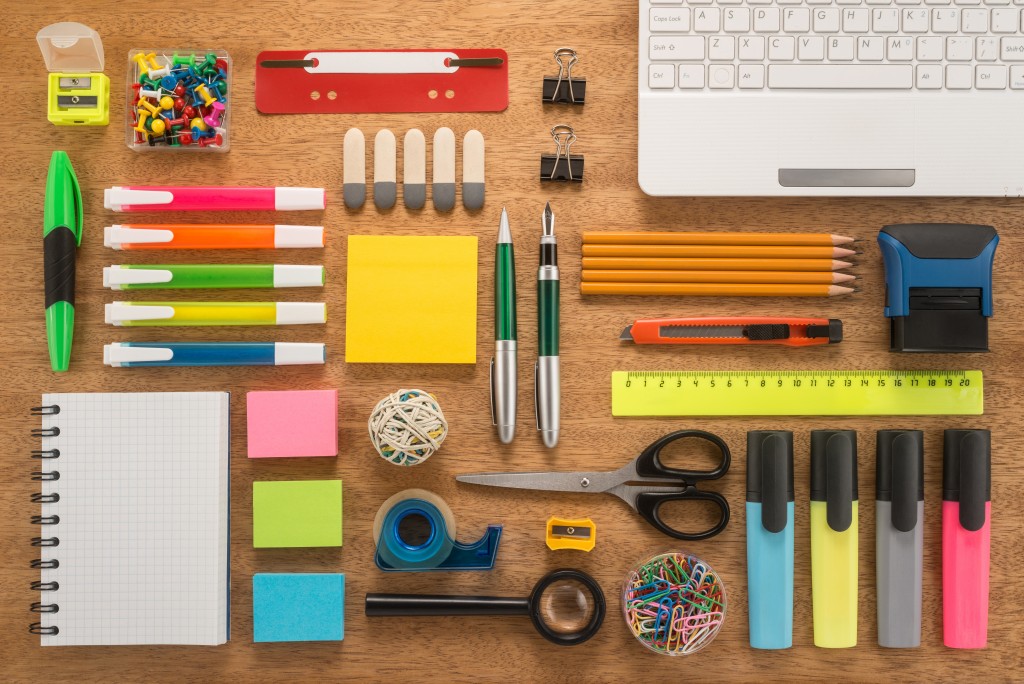When you’re at home, you probably take your internet connection for granted. You turn on your computer or smartphone and expect to be able to access the internet whenever you want. However, there are a few things you can do to help ensure that your connection is as reliable as possible. Here are some tips to help you avoid connection losses at home and keep you connected to the internet at all times.
- 1. Always check your cables and connections.
- 2. Reboot your devices regularly.
- 3. Check your signal strength.
- 4. Invest in a backup power source.
- 5. Use a wired connection where possible.
- 6. Upgrade your router firmware.
- 7. Limit the number of devices that are connected.
- 8. Change your DNS settings.
- 9. Use a VPN.
- 10. Contact your ISP.
1. Always check your cables and connections.
Cables and connections are sometimes the first things to go wrong and can cause a loss of internet connection. Make sure that all of your cables are properly connected and that there’s no debris or dust blocking the connectors. You want to be sure that the cables are in good condition and aren’t going to fray or break. Make sure that all of your cables are properly connected and that there are no loose or damaged wires.
2. Reboot your devices regularly.
Sometimes a simple reboot is all it takes to fix a connection problem. By restarting your devices, you’re giving them a chance to reconnect to the network and clear any temporary glitches that may be causing the issue.

3. Check your signal strength.
If you’re having trouble connecting to the internet, it may be because your signal is too weak. You can use a signal checker tool to see how strong your signal is and where you might need to boost it. There are a number of ways to boost your signal, including using a signal booster or moving your router to a more central location in your home.
4. Invest in a backup power source.
A backup power source is a great way to ensure that you never lose your connection, even during a power outage. There are a number of battery backup options available that will keep your router and modem running for hours or even days. You can opt for a small portable generator or a large home standby generator, depending on your needs.
5. Use a wired connection where possible.
A wired connection is always going to be more reliable than a wireless one. If you have the option to connect your devices directly to your router with an Ethernet cable, take advantage of it. This will help reduce interference and improve your connection speed. Don’t have Ethernet ports on your devices? Use a powerline adapter to create a wired connection using your home’s electrical wiring.
6. Upgrade your router firmware.
If you’re having trouble with your connection, it might be time to upgrade your router firmware. Firmware is the software that runs on your router and controls its behavior. Router firmware can become outdated and can cause connection issues. Updating your firmware can often fix these problems. Speak with your router manufacturer or consult your user manual to learn how to update your firmware.
7. Limit the number of devices that are connected.
If you have too many devices connected to your router, it can overload the network and cause a loss of connection. Try to limit the number of devices that are connected to your router at any given time. This includes things like laptops, smartphones, tablets, gaming consoles, and streaming devices. You can also use a network bandwidth limiter to restrict the amount of bandwidth that each device can use.
8. Change your DNS settings.
If you’re having trouble connecting to certain websites or services, it might be due to your DNS settings. DNS, or Domain Name System, is the system that translates website addresses into IP addresses. Sometimes your DNS settings can become corrupted or blocked, which can cause connection problems. You can change your DNS settings to use a different DNS server or you can use a public DNS service like Google Public DNS.
9. Use a VPN.
If you’re having trouble connecting to the internet from abroad, a VPN (virtual private network) could be the solution. A VPN allows you to connect to the internet through a secure, encrypted connection. This can bypass many internet restrictions that are in place and give you access to the internet. You can use a free VPN service like TunnelBear or you can sign up for a paid service like ExpressVPN.
10. Contact your ISP.
If you’ve tried all of the above and you’re still having trouble connecting to the internet, it’s time to contact your ISP. They may be able to help you troubleshoot the issue and get you back online.
These are just a few tips to help you avoid connection losses at home. By following these tips, you can ensure that you always have a reliable internet connection. Always speak to your ISP if you’re having trouble connecting, as they may be able to help you resolve the issue more efficiently.


